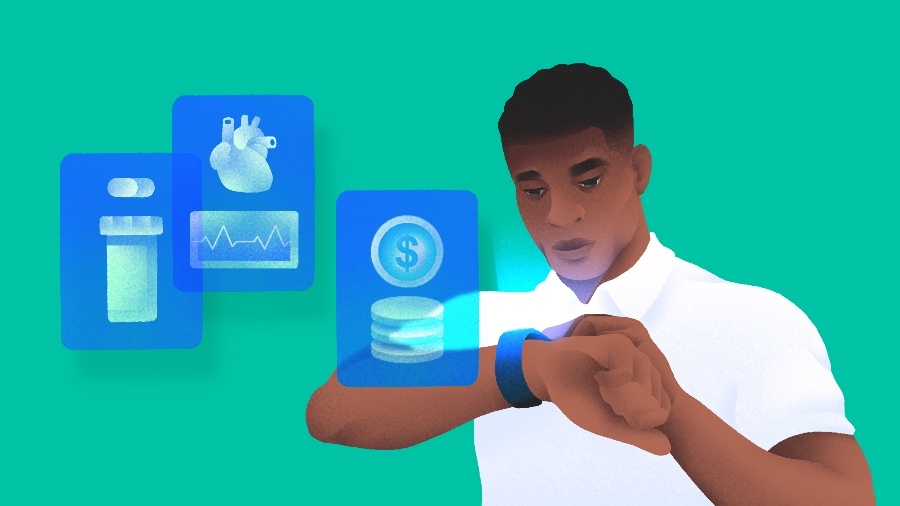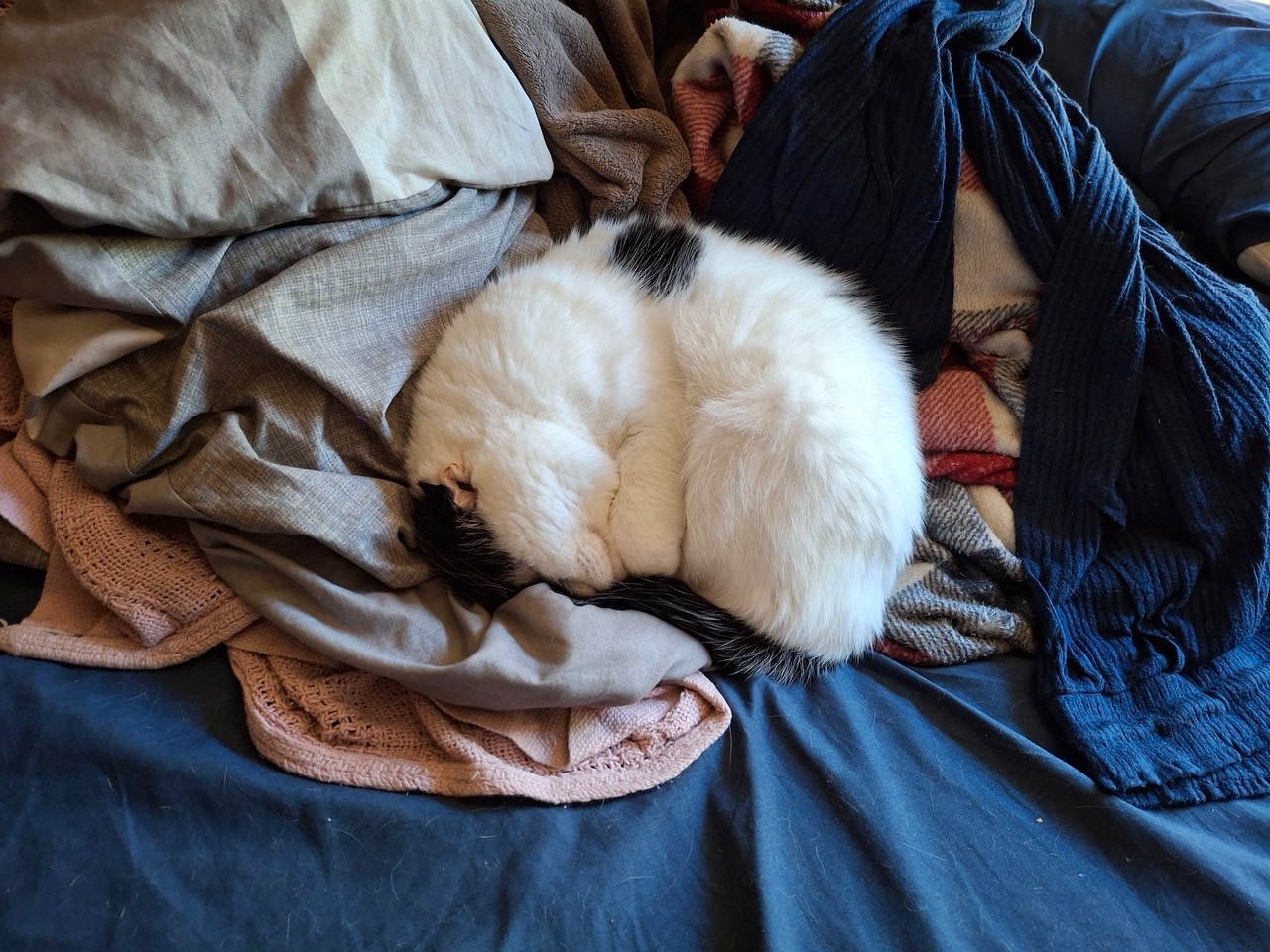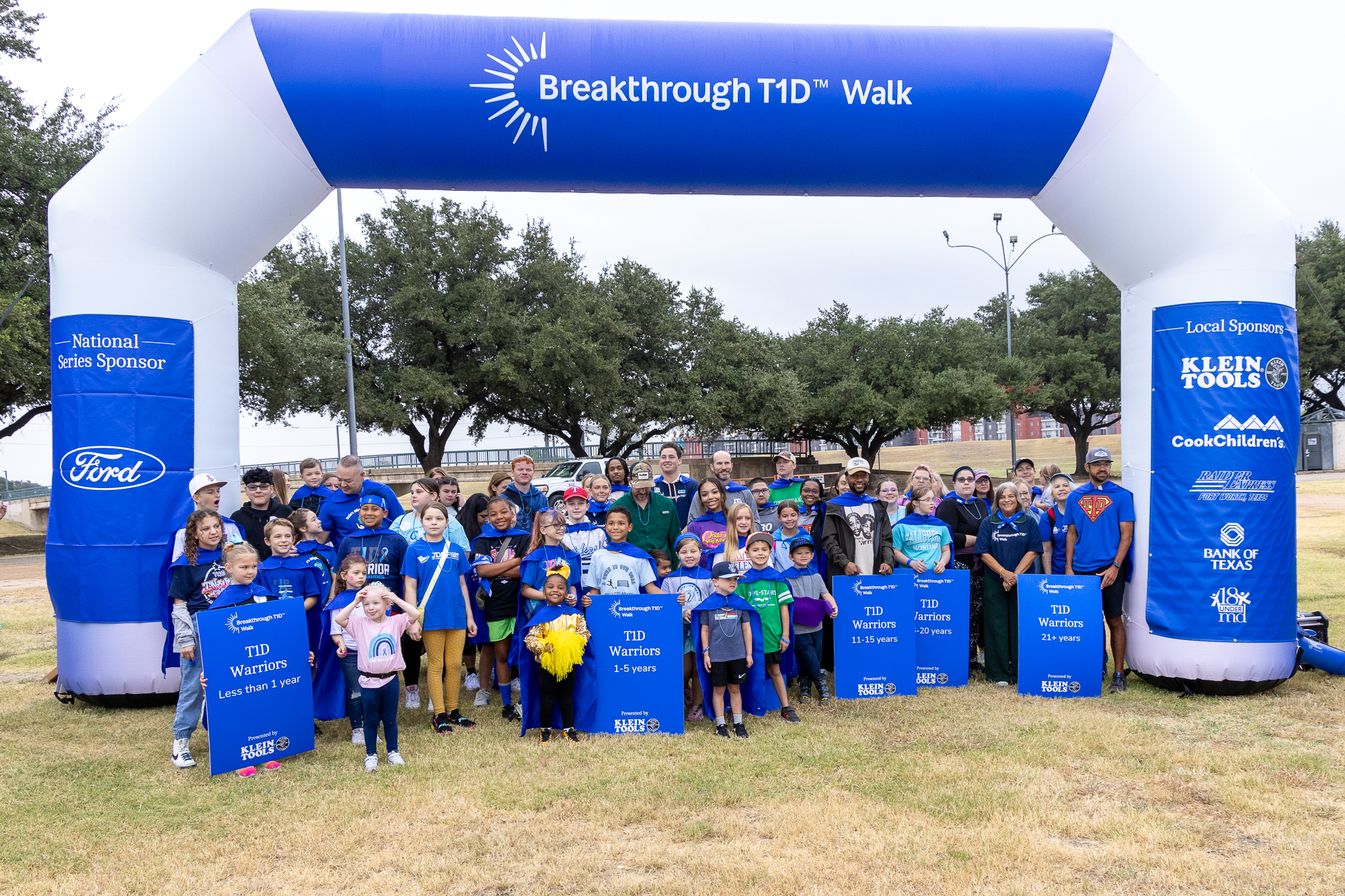Investments in wearable technology are experiencing a significant boost, primarily driven by the success of the Finnish company Oura. This month, Oura announced it secured over $900 million in financing led by Fidelity, raising its valuation to an impressive $11 billion. The company, known for its smart ring that tracks various health and wellness metrics, is projected to achieve $1 billion in sales this year.
### Broader Investment Landscape
Oura’s success has sparked renewed interest in the wearable tech sector, which traditionally attracts less than 1% of annual venture funding, according to data from Crunchbase. A recent analysis revealed that 18 startups in the wearable tech space have received significant funding in the past year. While medical and health monitoring applications remain the most common focus, innovations are emerging in consumer-oriented products, particularly in the realm of artificial intelligence.
One notable investment was made in Xpanceo, a Dubai-based startup specializing in smart contact lenses. The company raised $250 million this summer, achieving a valuation of $1.35 billion. These lenses incorporate microdisplays and sensors to provide users with relevant information based on their visual focus.
### Diverse Innovations
Another significant player in the wearables market is Nothing, a developer of Android smartphones and wireless earbuds. The company recently completed a $200 million Series C funding round, aiming to create an “AI-native platform” that merges hardware and software into a unified system. Smart glasses are among the devices they plan to enhance with this technology.
Interestingly, the concept of wearables is expanding beyond human applications. Halter, which focuses on smart collars and virtual fencing for livestock management, closed a $100 million Series D funding round this summer, valuing the company at $1 billion.
### Medical Wearable Technologies
The health sector continues to attract substantial investment, particularly in devices designed for monitoring medical conditions. Companies like Biolinq and VitalConnect each secured $100 million in funding this year. Biolinq, based in San Diego, has developed a wearable biosensor that continuously monitors glucose levels beneath the skin. Meanwhile, VitalConnect, located in San Jose, creates connected patches for remote cardiac health monitoring.
Another intriguing startup, Epicore Biosystems, focuses on wearable technology that analyzes biomarkers in sweat to assess hydration, nutrition, and stress levels.
### Competition from Major Tech Players
The wearable tech market is not only attracting startups but also major technology companies. Giants such as Apple and Google are heavily invested in this space, with products ranging from smartwatches to AI-integrated devices. Apple’s recent introduction of AirPods featuring live translation capabilities illustrates the increasing sophistication of wearables.
Despite the competition, startups possess the advantage of focusing on niche markets. They can cater to specific early adopters and refine their products before scaling to broader audiences. This agility allows them to stand out in a crowded market, where innovation remains key to success.
The ongoing advancements in wearable technology signal a vibrant future for the industry, as startups continue to push the boundaries of what these devices can achieve.







